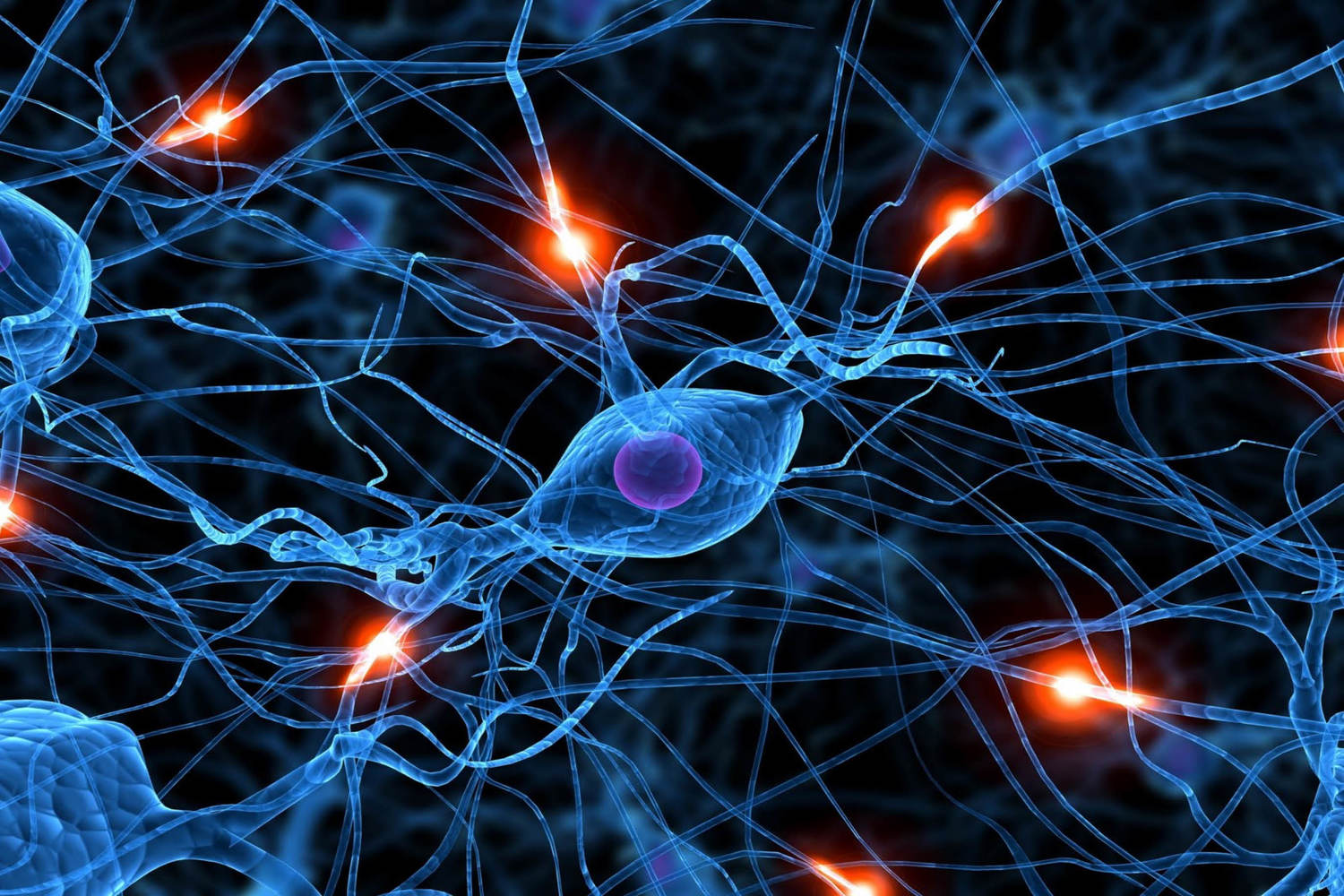Neurotransmitters play a major role in signal transmission. They are essential for activities involved in motor control, sensory perception, emotions, and cognitive functions. Neurotransmitters facilitate the transmission of information from the brain to the body.
The major neurotransmitters include Serotonin, Acetylcholine, Adrenaline, Norepinephrine, Dopamine, GABA, Glutamate, Endorphins, and Histamine. Each neurotransmitter is important for health because variations in neurotransmitter levels can result in physical and mental health issues.
Serotonin
Serotonin plays a crucial role in sleep and mood regulation, appetite control, and social behavior. An imbalance in serotonin can lead to depression, anxiety, difficulty sleeping, and eating disorders. Depression is commonly treated with selective serotonin reuptake inhibitors (SSRIs) and serotonin-norepinephrine reuptake inhibitors (SNRIs).
Dopamine
Dopamine is essential for pleasure, satisfaction, motivation, and motor control. When someone sets and achieves a goal, dopamine is released, creating a sense of satisfaction. Dysfunction of dopamine can result in not feeling satisfied after achieving goals and can be a primary symptom of mood disorders. Drugs like cocaine, opioids, and amphetamines directly affect the dopamine system, producing addictive effects. Low dopamine levels are associated with Parkinson’s disease, leading to hallucinations and mental disturbances.
Norepinephrine
Norepinephrine is another key neurotransmitter with an important role in the fight-or-flight response. It increases alertness, heart rate, blood pressure, and prepares the body for action during stress and other emergency situations. Imbalances in norepinephrine can result in anxiety and mood disorders.
Gamma-Aminobutyric acid
Gamma-Aminobutyric acid, commonly known as GABA, is primarily an inhibitory neurotransmitter. It produces calming and relaxing effects on the body and reduces anxiety. Imbalances in GABA can result in epilepsy.
Glutamate
Glutamate is a primary excitatory neurotransmitter that plays a crucial role in learning, memory, and overall brain function. Elevated levels of glutamate can result in Alzheimer’s disease and certain mood disorders.
Acetylcholine
Acetylcholine is involved in muscle contractions, learning, and memory. Excessive levels of glutamate can lead to neurotoxicity. Acetylcholine is a major neurotransmitter in signal transmission and voluntary muscle movements. Imbalances in acetylcholine can result in Alzheimer’s disease and myasthenia gravis.
Endorphins
Endorphins are natural painkillers and mood elevators. They are mainly released during exercise and stress. Dysfunctions in endorphins can affect pain perception and mood.
Histamines
Histamines are monoamine neurotransmitters with a key role in allergies and inflammation. They also regulate the sleep-wake cycle. Imbalances in histamines can lead to sleep disturbances and play an important role in allergies.
The majority of neurotransmitters have a crucial role in sleep and mood regulation. Small variations in these neurotransmitters can lead to changes in mental health. Mental health is also important, as depression and other stress disorders are common. Therefore, managing these conditions is crucial to preventing complications.


